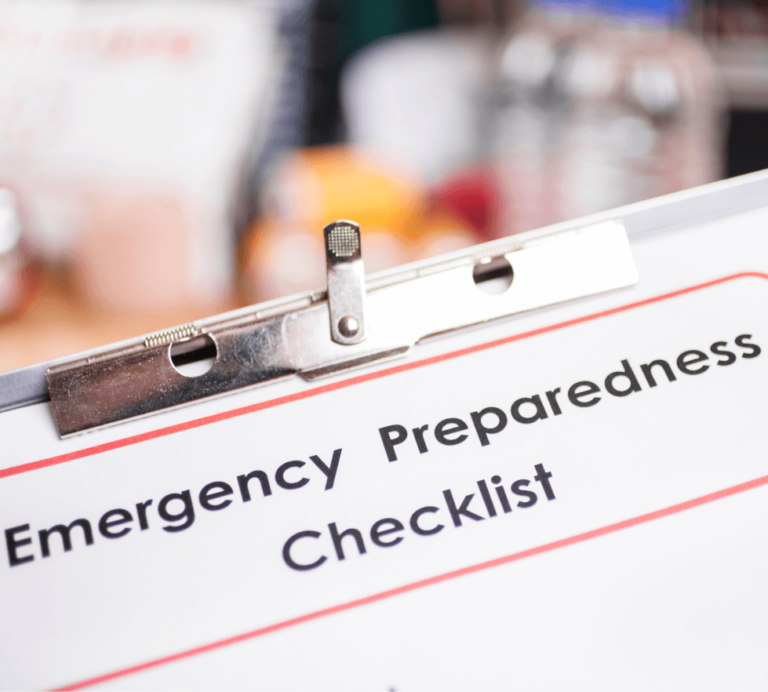
Emergencies—whether natural disasters, power failures, or security threats—can disrupt operations and endanger occupants. A strong emergency preparedness plan ensures facility management teams can respond quickly and effectively, minimizing risks.
Key Aspects of Emergency Preparedness
Risk Assessment and Prevention Strategies
Identifying potential threats is the first step in emergency preparedness. We conduct risk assessments, implement safety protocols, and install early warning systems to mitigate risks before they escalate.
Effective Crisis Response Plans
Having a well-defined emergency plan ensures swift action during crises. Our response strategies include evacuation procedures, communication protocols, and coordination with emergency services to safeguard people and property.
Business Continuity Planning
Disruptions can impact operations significantly. Business continuity plans help organizations resume essential functions quickly, ensuring minimal downtime and maintaining service commitments.
Regular Training and Drills
Preparedness requires practice. We conduct routine emergency drills and staff training sessions to ensure that everyone knows their role during a crisis, fostering a culture of readiness and resilience.
At Ethiqual, we take emergency preparedness seriously. By staying proactive and equipping our teams with the right tools, we ensure the safety of our facilities, employees, and clients at all times.